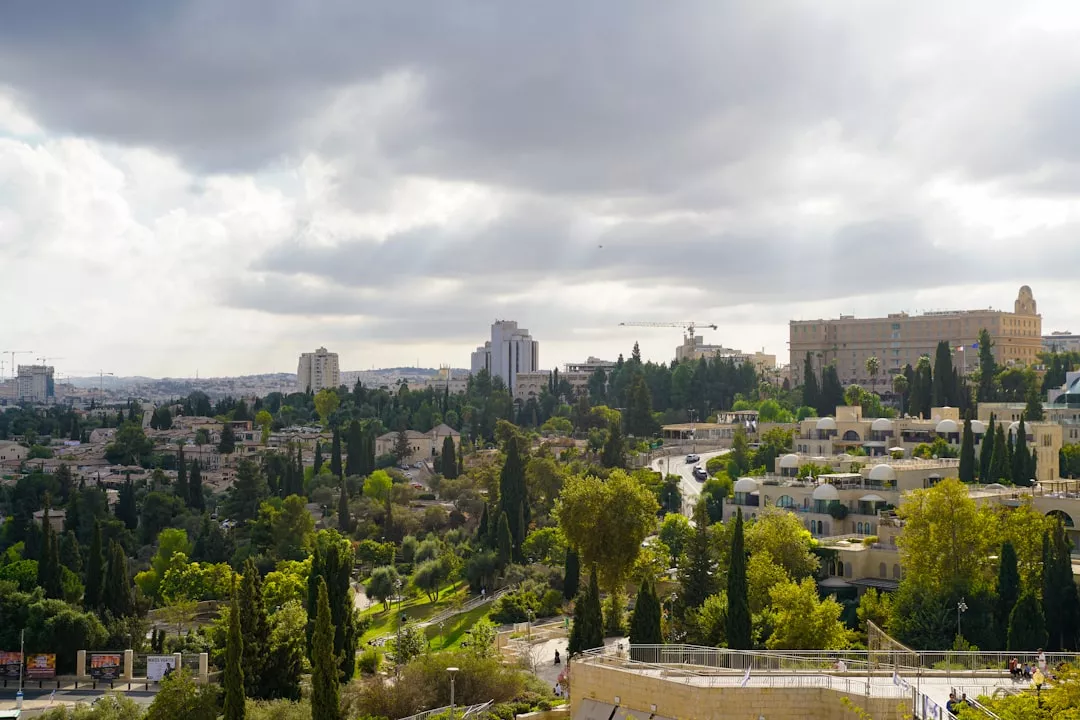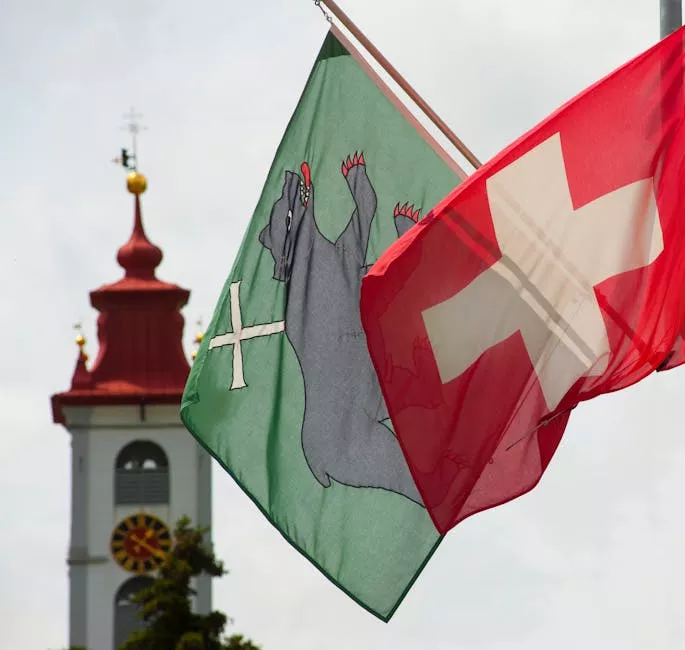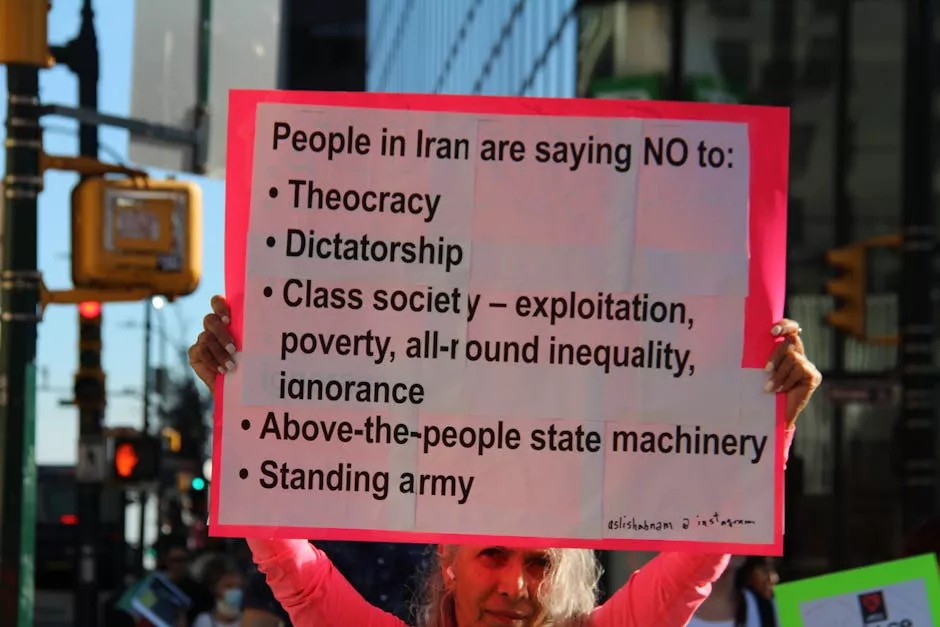Israel Strikes Lebanon as Hezbollah Tensions Escalate Dangerously
Israel launched fresh airstrikes on southern Lebanon following a deadly drone attack that killed one person and wounded students, marking a dangerous escalation in cross-border hostilities.

Israel conducted a series of airstrikes against targets in southern Lebanon on Wednesday, responding to a deadly drone attack that claimed one life and injured several students traveling on a bus. The escalating exchange of fire between Israeli forces and Hezbollah militants represents a concerning deterioration in regional stability along one of the Middle East's most volatile frontiers.
Immediate Trigger and Casualties
The latest round of violence was sparked by a drone attack earlier in the day that resulted in one fatality and wounded multiple students aboard a civilian bus. Israeli military officials confirmed that the retaliatory strikes targeted what they described as Hezbollah infrastructure and operational sites in southern Lebanon, marking a significant escalation in cross-border hostilities that have been simmering for months.
The targeting of civilian transportation, particularly involving students, has drawn sharp condemnation from Israeli officials who characterized the attack as a deliberate provocation designed to inflame tensions and test Israel's response threshold.
Regional Security Implications
The escalation comes at a particularly sensitive time for Middle Eastern geopolitics, with multiple conflicts already straining regional stability. The Israel-Lebanon border has historically been a flashpoint for broader regional tensions, serving as a proxy battleground for competing geopolitical interests involving Iran, Syria, and various international powers.
Hezbollah, backed by Iran and maintaining significant political and military influence in Lebanon, has been increasingly assertive in recent months. The organization's sophisticated drone capabilities represent a growing concern for Israeli security planners, who must now contend with threats from multiple directions and varying technological sophistication levels.
International Response and Diplomatic Concerns
The international community is closely monitoring the situation, with several European Union members and the United Nations expressing concern about the potential for further escalation. The targeting of civilian infrastructure and students particularly has drawn attention from humanitarian organizations and diplomatic missions throughout the region.
Lebanon's fragile government, already struggling with severe economic and political crises, faces additional pressure to control Hezbollah's activities while lacking the practical means to effectively constrain the powerful militant organization. This dynamic creates a complex challenge for international mediators seeking to de-escalate tensions.
Strategic Analysis and Future Outlook
Military analysts suggest that both sides are testing boundaries and assessing response capabilities without necessarily seeking full-scale conflict. However, the involvement of civilian casualties, particularly students, adds an emotional dimension that could complicate diplomatic efforts to contain the situation.
The strikes represent a calculated Israeli response designed to demonstrate deterrence while avoiding broader regional conflagration. However, the unpredictable nature of asymmetric warfare and the multiple actors involved create significant risks for uncontrolled escalation that could draw in additional regional powers and further destabilize an already volatile Middle Eastern security environment.






